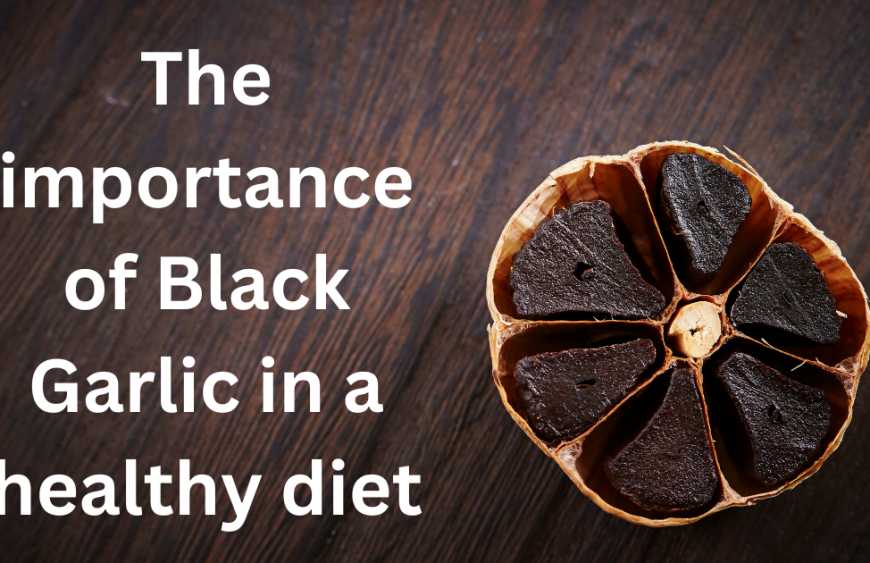The fermentation process results in black garlic with a distinctive sweet and savory taste and various potential health benefits. Here are some reasons why black garlic is valued in a healthy diet:
- Antioxidant Content:
- Black garlic has higher antioxidant levels compared to fresh garlic. Antioxidants help neutralize free radicals in the body, which can contribute to cellular damage. Including antioxidant-rich foods in the diet supports overall health.
- Allicin Derivatives:
- While the allicin content decreases during fermentation, black garlic contains unique compounds derived from allicin. These compounds may have potential health benefits, including antimicrobial and anti-inflammatory properties.
- Heart Health:
- Some studies suggest that black garlic may have positive effects on cardiovascular health. It may help regulate cholesterol levels and blood pressure, contributing to a healthy heart.
- Potential Anti-Cancer Properties:
- Certain studies have explored the potential anti-cancer properties of black garlic compounds. While more research is needed, early findings suggest that black garlic may have protective effects against certain types of cancer.
- Immune System Support:
- The antioxidant and anti-inflammatory properties of black garlic may contribute to immune system support. A healthy immune system is essential for the body’s defense against infections and diseases.
- Prebiotic Potential:
- Black garlic may have prebiotic properties, promoting the growth of beneficial gut bacteria. A healthy gut microbiota is linked to various aspects of well-being, including digestion and immune function.
- Rich in nutrients:
- Black garlic contains essential nutrients, such as vitamins and minerals. While the nutrient content can vary, black garlic may contribute to overall nutritional intake in a diet.
- Improved Digestibility:
- Some individuals find black garlic to be more digestible than raw garlic. The fermentation process may make certain compounds in garlic more tolerable for those with sensitivities.





